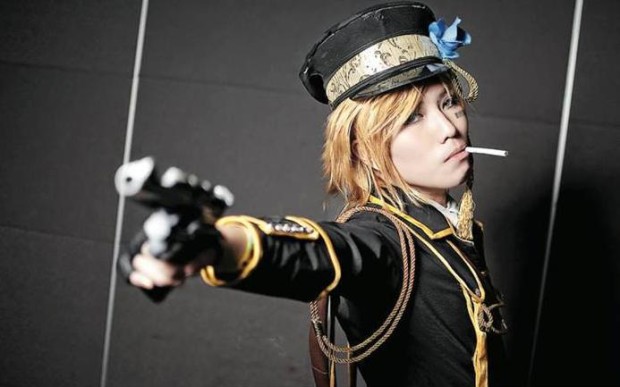You have no items in your cart. Want to get some nice things?
Go shopping
In the Hispanosphere, José Luis Acosta is one of the most acclaimed writer-directors for the screen. In the Anglosphere, his name barely registers. This dramatised reading of his play The Night – translated by Professor Catherine Boyle of Out of the Wings – sought to arrest this state of affairs. Spanish learners and film enthusiasts may well have seen Acosta’s short Historia de un búho (2003), not least because it boasts over 35 national and international awards, but also because it is often used in Spanish syllabi. His background in film and television made for an interesting showcasing of an experimental transition into theatre. Jorde de Juan García, the play’s director and artistic director of the Spanish Theatre Company, emphasises that this reading was the culmination of just three days rehearsals and the first step in realising an intended future full production in London.
The Night is a highly charged, confrontational affair, the fallout of a bourgeois family’s fall from wealth. As Acosta explained in the post-show discussion, it is very easy to maintain a dysfunctional relationship so long you are surrounded by beautiful things. This play explores what happens when this buffer is brutally removed, and the subsequent revelation of the true nature of this family’s relationship with one another. Especially disturbing was the falling apart of the social façade of family roles, and with it the inversion of the natural protective role of a mother for her daughter. By the end it is painfully clear that “there is no redemption” as the culmination of an empty vacuum of a marriage leads to disastrous outcomes.
The post-show discussion also offered a unique insight into the creative process of both writer and translator. Accompanied onstage by executive producer Andy Dickson, Acosta described his play primarily in experimental terms, in which The Night was in part an exercise in adapting his film and TV writing to the theatre. For Acosta, film provided more visual options for telling a story, while theatre represented a challenging stripped space where writers could not “fool” their audiences.
Boyle in turn suggested that the translator, while maintaining the foundations of the original play, was also rewriting it for the new culture and context – so that essentially “in every translation for the theatre you’re writing a new play”. Central to Boyle’s theory of translating for the theatre is precisely this corporeality of words, and of the translator proving the actors with the adequate instructions for them to embody the characters. For Boyle, this is precisely why the rehearsal process is crucial in determining that the translation is “robust” enough to be carried into its new context. There is therefore an ethical question of the inherent importance of translating, rather than interpreting, characters. One of the major challenges of translating The Night, she noted, was precisely the question of how to translate the cruelty of a set of characters with whom the audience is never brought into any sense of real empathy.
It takes approximately seven drafts, said Boyle, for the text to become “actorly” – but the impulse of the first translation must also be maintained. Likewise, Acosta described his own tendency to endlessly rewrite drafts of scripts, and the bitter sweetluxury and agony of “airing” a text before returning to it again (and again and again). By the end, the discussion had suggested a number of parallels between the creative process of the writer and the translator. In both disciplines, there is always the temptation to keep making alterations – meaning that the work is never complete and never satisfactory.

About Charlotte Fereday
Charlotte is a full time final year AHRC funded PhD candidate in the Spanish, Portuguese & Latin American Studies department (SPLAS) at King's College London. Her research focuses on the plays of Spanish writers who went into exile in Latin America following Spain's Civil War. She's also a part time Research Assistant working on a Hispanic theatre in translation project "Out of the Wings" (www.outofthewings.org), a platform that makes the riches of Spanish & Spanish American theatre accessible to English-speaking researchers, theatre professionals & anyone with internet access. See her research biography here: https://kcl.academia.edu/CharlotteFereday




